Market Analysis
In-depth Analysis of Luxury Cigar Market Industry Landscape
The luxury cigar market is influenced by various market factors that contribute to its dynamics and growth trajectory. One significant factor shaping this market is the changing preferences and lifestyles of consumers who enjoy premium tobacco products. As individuals seek to indulge in luxurious experiences and express their status or appreciation for craftsmanship, the demand for high-end cigars increases. This demand is often driven by affluent consumers who are willing to pay a premium for the finest cigars, considering them as symbols of sophistication and prestige.
Additionally, the perception of cigars as a symbol of celebration and relaxation plays a role in driving market demand. Cigars are often associated with special occasions such as weddings, anniversaries, or business successes, leading consumers to purchase luxury cigars for gifting or personal enjoyment during these moments. Moreover, the growing trend of cigar aficionados and enthusiasts further fuels the demand for premium cigars, as these individuals are willing to invest in rare and exclusive blends to enhance their smoking experience.
The global economic landscape also impacts the luxury cigar market. During periods of economic prosperity, consumers tend to have more disposable income, allowing them to splurge on luxury goods such as high-quality cigars. Conversely, during economic downturns, consumer spending on discretionary items like luxury cigars may decrease. However, despite fluctuations in the economy, the luxury cigar market often demonstrates resilience, as affluent consumers continue to prioritize indulgent experiences and luxury purchases.
Regulatory factors also play a significant role in shaping the luxury cigar market. Government regulations regarding tobacco sales, advertising, and taxation can impact the availability and affordability of luxury cigars in different regions. For instance, stringent regulations on tobacco advertising and smoking in public places may limit the visibility and accessibility of luxury cigar brands, affecting market penetration and consumer awareness. Moreover, changes in tobacco taxation policies can influence the pricing of luxury cigars, potentially impacting consumer demand and purchasing behavior.
The emergence of online retail channels has transformed the luxury cigar market by providing consumers with greater accessibility and convenience. Online platforms offer a wide selection of premium cigar brands, allowing consumers to explore different options and make purchases from the comfort of their homes. This accessibility has expanded the reach of luxury cigar brands beyond traditional brick-and-mortar stores, enabling them to tap into new markets and demographics. Additionally, online platforms often feature educational content and reviews, helping consumers make informed decisions and enhancing their overall purchasing experience.
Technological advancements have also influenced the luxury cigar market, particularly in the manufacturing and aging processes. Innovations in tobacco cultivation, fermentation, and aging techniques have led to the production of cigars with complex flavors, aromas, and textures, catering to discerning consumers' palates. Furthermore, advancements in packaging and humidification technology ensure that luxury cigars maintain their freshness and quality throughout the supply chain, preserving their value and appeal to consumers.
Cultural factors and social trends also impact the luxury cigar market, with cigar smoking often associated with tradition, camaraderie, and social gatherings. In certain cultures and social circles, smoking cigars is considered a ritualistic practice that fosters connections and builds relationships among enthusiasts. As such, the luxury cigar market may experience fluctuations in demand based on cultural preferences, social norms, and lifestyle trends within different demographics and regions.


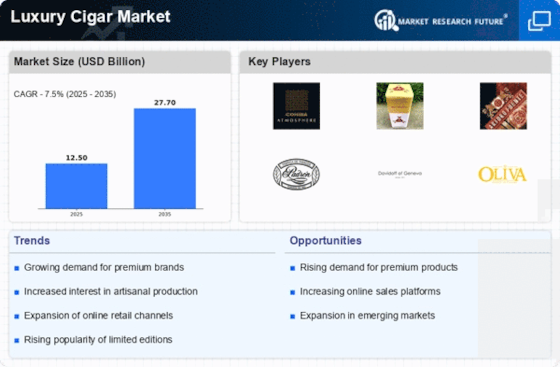
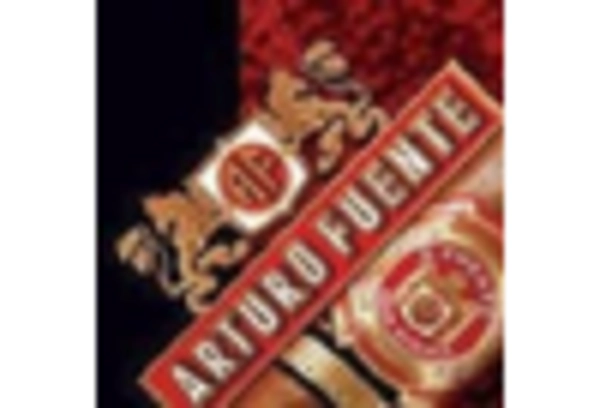
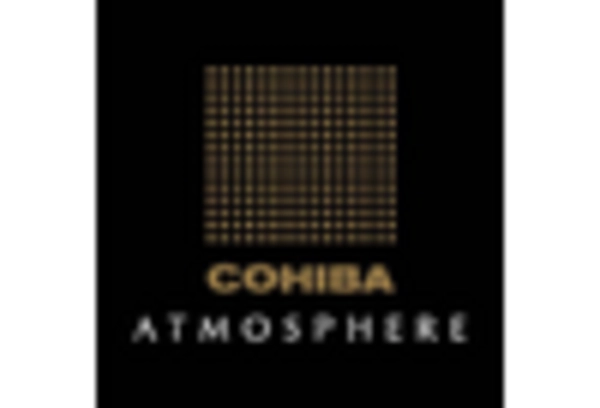
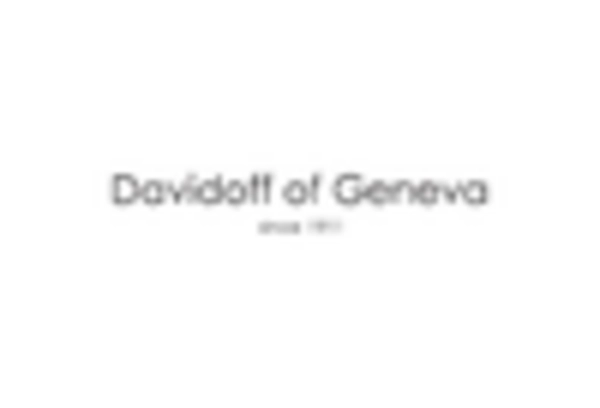

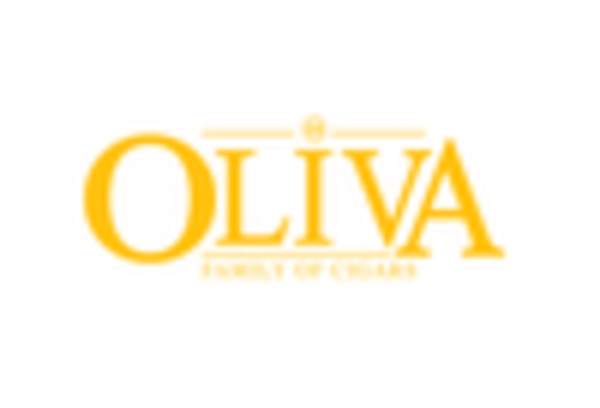
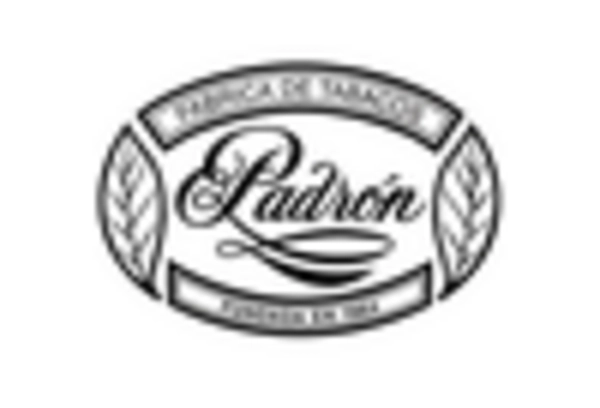









Leave a Comment